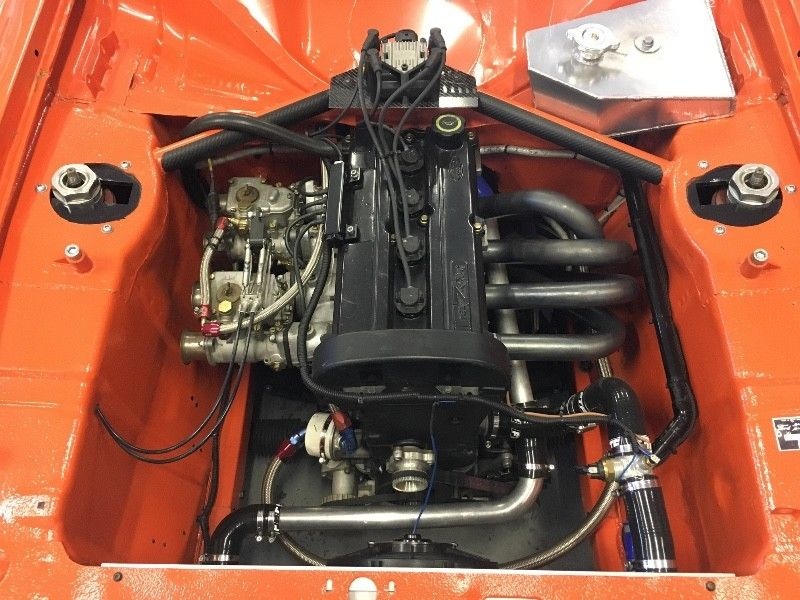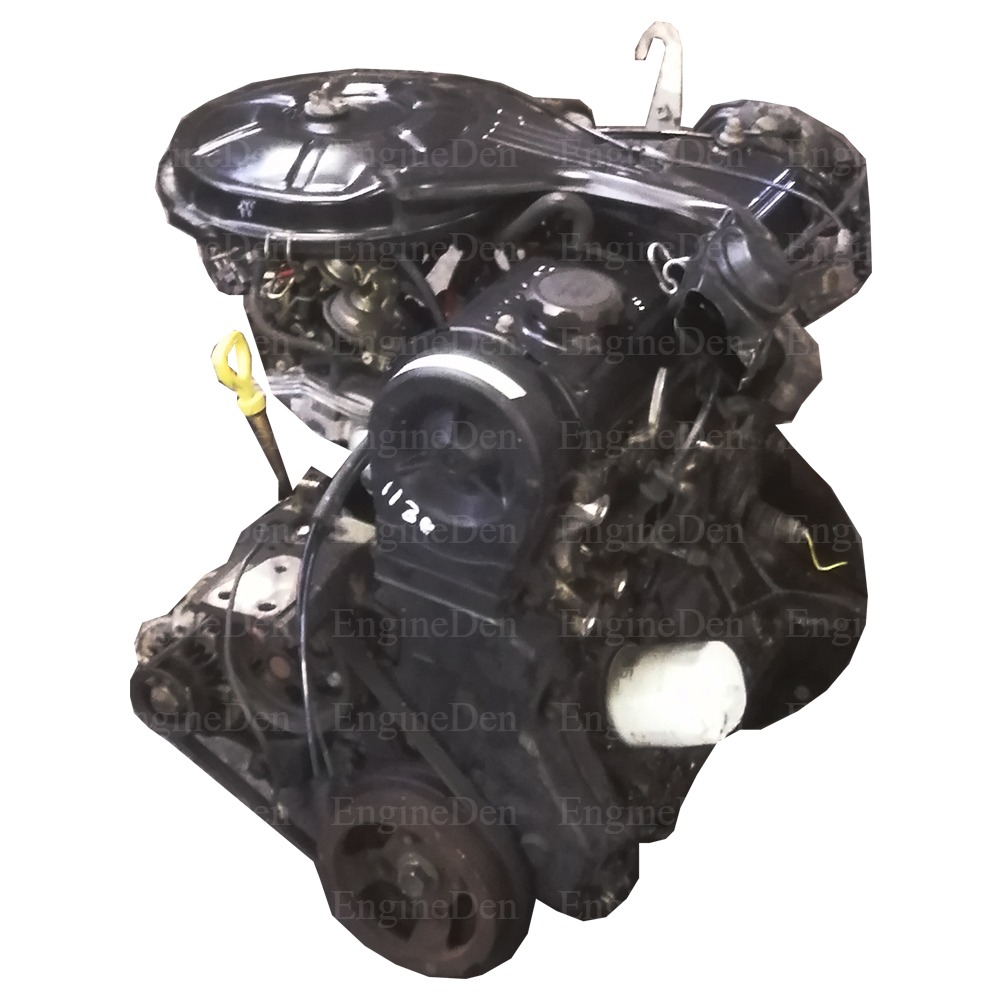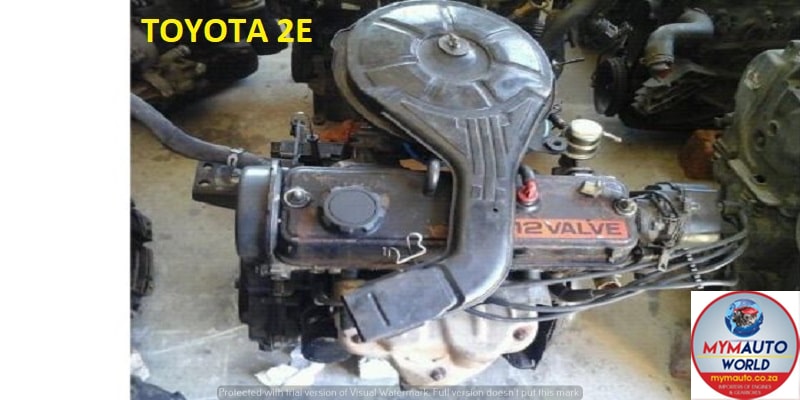Enhance Your Driving Experience with Toyota Tazz Engine for Sale
Enhance Your Driving Experience with Toyota Tazz Engine for Sale
Blog Article
Engine Purchasing Specialist Tips on Picking the Right Engine for Your Certain Demands
Selecting the best engine for your certain needs involves a complicated interplay of variables that go beyond plain horse power numbers. By diving right into the ins and outs of power versus effectiveness, evaluating gas rankings, and budgeting for long-term costs, one can absolutely enhance their engine option.
Power Vs. Efficiency: Locating the Equilibrium

When picking an engine, it is important to strike an equilibrium between power and efficiency to satisfy your particular requirements efficiently. Power refers to the engine's ability to produce energy for propulsion, identifying aspects like velocity, pulling capacity, and general efficiency (Toyota Tazz Engine For Sale). On the other hand, effectiveness connects to how well the engine uses gas to generate power, affecting variables such as fuel economic situation and ecological kindness
Achieving the best balance between power and effectiveness is vital due to the fact that an engine that is too powerful might eat excessive gas, resulting in higher operating expense and unnecessary strain on the environment. Alternatively, an engine that focuses on performance over power might lead to slow-moving efficiency, specifically popular scenarios like lugging hefty loads or driving uphill.
To make an informed decision, think about variables such as your common driving conditions, the intended use of the car, and your personal choices. By examining your concerns and demands, you can choose an engine that strikes the best balance between power and effectiveness, making sure ideal performance while lessening ecological influence and operating expense.
Understanding Engine Size and Type

In addition, engine type plays an essential function in identifying the performance attributes of an engine. Typical engine kinds include inline engines, V engines, and rotary engines, each with its special advantages and disadvantages. The engine type affects elements such as the engine's size, weight distribution, and power distribution. Comprehending the interaction between engine size and type is important in choosing an engine that aligns with your specific demands and top priorities, whether it be power, effectiveness, or an equilibrium of both.
Consider Your Automobile's Demands
Considering your lorry's needs is a fundamental step in the engine selection process to ensure ideal efficiency and capability. It is important to examine elements such as the meant usage of the car, its weight, lugging capability, and gas efficiency requirements. If you are looking for an engine for a durable truck that will certainly be utilized for towing, you will certainly need a powerful engine with high torque capabilities. On the other hand, if you are selecting an engine for a compact car primarily used for city travelling, fuel effectiveness may be a more essential variable to think about.

Assessing Fuel Efficiency Rankings
Evaluating fuel efficiency rankings is an important aspect of picking the appropriate engine for your automobile, making certain price savings and environmental sustainability. Fuel effectiveness rankings, normally gauged in miles per gallon (MPG) for fuel engines or kilowatt-hours per 100 miles (kWh/100 miles) for electric engines, indicate how much a vehicle can travel on a details amount of fuel or electrical power. Higher MPG or lower kWh/100 miles worths indicate much more efficient engines, converting to minimized gas costs and reduced carbon exhausts.
Additionally, contrast different a fantastic read engine alternatives within the same automobile course to recognize the most economical choice. Elements such as engine dimension, weight, aerodynamics, and crossbreed or electrical abilities can all affect fuel efficiency.
Budgeting for Long-Term Costs
Strategically planning for lasting costs is vital when picking an engine, guaranteeing monetary sustainability over the car's life-span. While the initial acquisition price of an engine is a significant aspect, it is crucial to consider the lasting prices related to maintenance, repair work, and gas intake. Choosing for an extra fuel-efficient engine may have a higher upfront price but can cause considerable financial savings over time. Normal maintenance, such as oil changes, filter replacements, and tune-ups, is vital to maintain the engine running smoothly and efficiently, reducing the danger of costly repairs down the line.
Moreover, investigating the schedule and cost of replacement components for the picked engine is important in budget preparation. Engines with budget-friendly and conveniently available components can substantially affect long-term upkeep expenses. Furthermore, taking into consideration the engine's sturdiness and anticipated life expectancy can assist stay clear of unexpected replacement costs in the future. By carefully budgeting for these long-lasting expenditures and factoring them right into the decision-making process, individuals can select an engine that not only fulfills their immediate demands yet also remains cost-efficient throughout its life-span.
Conclusion
In conclusion, choosing the appropriate engine for your certain needs requires balancing power browse around here and efficiency, understanding engine size and type, considering your vehicle's demands, assessing fuel performance scores, and budgeting for long-term prices. By thoroughly considering these elements, you can make sure that you choose an engine that satisfies your demands and supplies optimal efficiency for your car.
To further refine the selection procedure of an engine that strikes the optimal equilibrium in between power and effectiveness, it is essential to delve into the intricacies of recognizing engine size and type. Engine size refers to the complete quantity of air and fuel that can be pushed via the engine cyndrical tubes. Typical engine types include inline engines, V engines, and rotating engines, each with its unique benefits and disadvantages. Understanding the interplay between engine size and kind is vital in picking an engine that aligns with your specific demands and concerns, whether it be power, performance, or a balance of both.
Gas effectiveness scores, typically measured in miles per gallon (MPG) for gasoline engines or kilowatt-hours per 100 miles (kWh/100 miles) for electrical engines, indicate how far a vehicle can travel on a certain amount of have a peek at this website gas or power.
Report this page